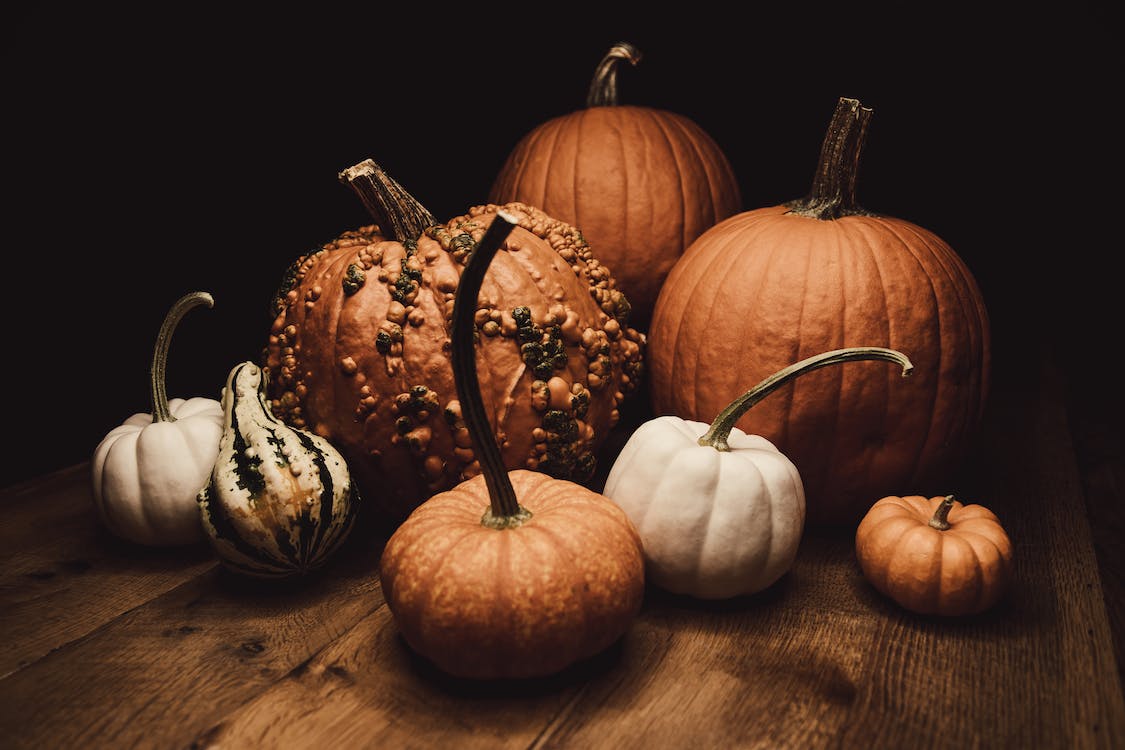
Halloween, originally called “Samhain”, is an ancient Celtic festival that was traditionally believed to be a time when the boundary between the world of the living and the dead became blurred, allowing spirits and faeries to more easily enter the realm of the living. Here are a few things that were common during this time, and where todays traditions of dressing up, decorations and trick or treat originate from:
1. Festival of the Dead: It is believed that the spirits of the deceased would return to their homes on Halloween. Families would set dinner tables and light fires to welcome home the spirits of their ancestors.
2. Bonfires: The fires were used for divination and as a means to repel evil spirits. It’s believed the bonfires had protective and cleansing powers.
3. Costumes and Disguises: People wore costumes, often made of animal heads and skins to disguise themselves from harmful spirits, impersonate spirits and to open themselves up to be possessed by deities.
4. Food Offerings: To appease wandering spirits, food and drink were left out as offerings.
5. Sacrifices: It was common to slaughter animals and offer sacrifices. The blood of the animals would play a role in pagan ceremonies.
WHAT THE BIBLE SAYS:
1. Believers are told to avoid Pagan Practices
Deuteronomy 18:9-12: “When you enter the land the Lord your God is giving you, do not learn to imitate the detestable ways of the nations there. Let no one be found among you who sacrifices their son or daughter in the fire, who practices divination or sorcery, interprets omens, engages in witchcraft, or casts spells, or who is a medium or spiritist or who consults the dead. Anyone who does these things is detestable to the Lord…”
2. Staying Away from the Works of Darkness
Ephesians 5:11: “Have nothing to do with the fruitless deeds of darkness, but rather expose them.”
3. Guarding Our Minds
Philippians 4:8: “Finally, brothers and sisters, whatever is true, whatever is noble, whatever is right, whatever is pure, whatever is lovely, whatever is admirable—if anything is excellent or praiseworthy—think about such things.”
4. Idolatry and False Gods
1 Corinthians 10:20-21: “No, but the sacrifices of pagans are offered to demons, not to God, and I do not want you to be participants with demons. You cannot drink the cup of the Lord and the cup of demons too; you cannot have a part in both the Lord’s table and the table of demons.”
5. Renouncing Worldly Customs
Romans 12:2: “Do not conform to the pattern of this world, but be transformed by the renewing of your mind. Then you will be able to test and approve what God’s will is—his good, pleasing and perfect will.”
